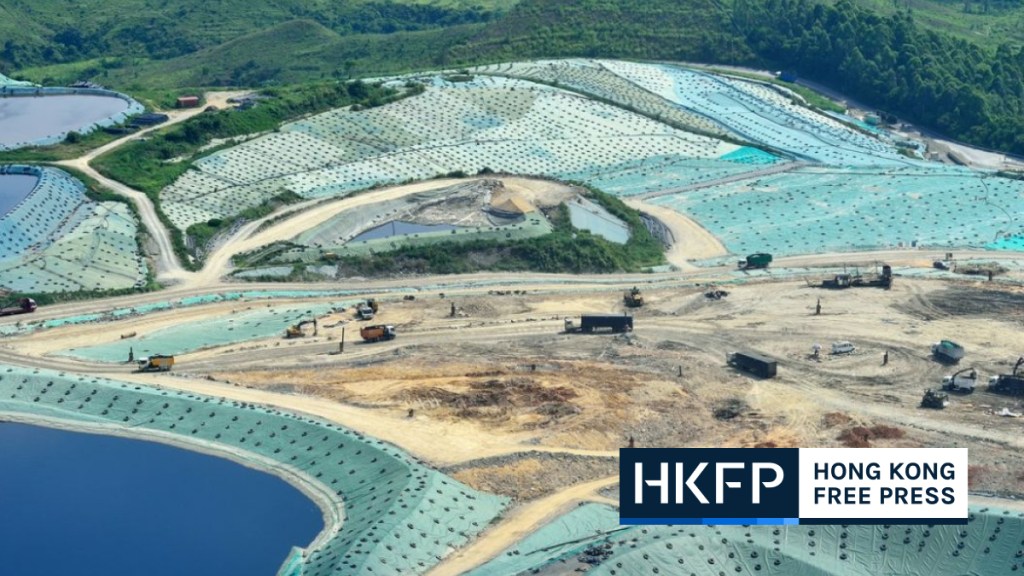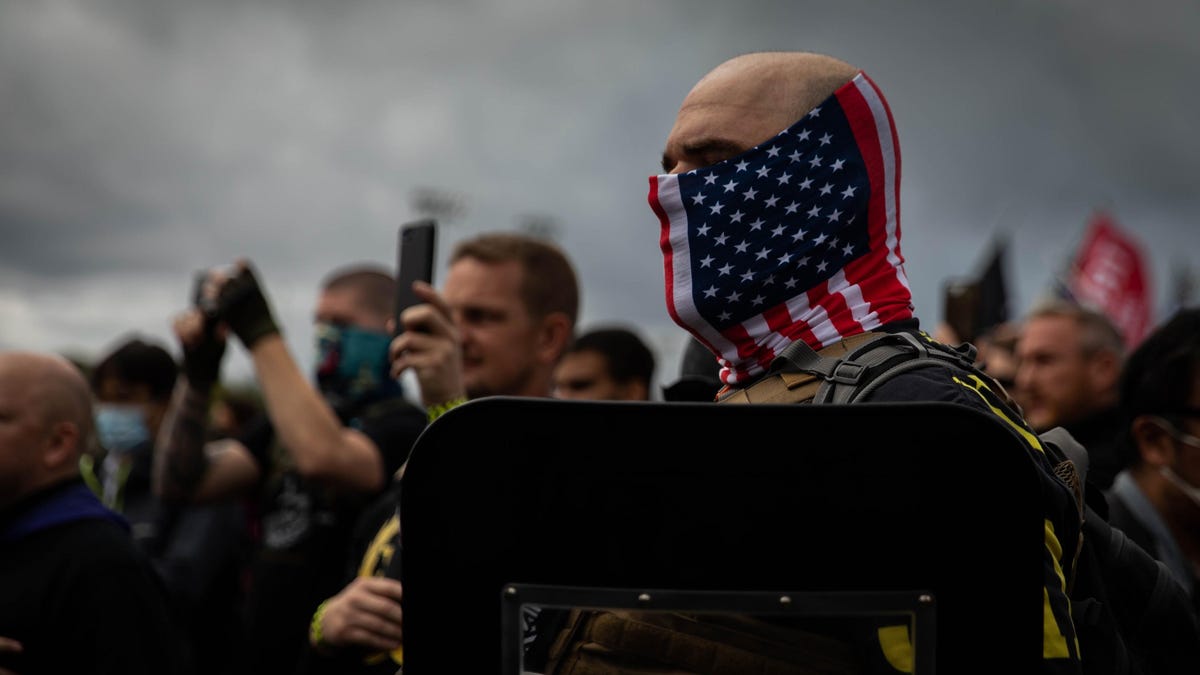The main opposition Nepali Congress and the ruling Rastriya Swatantra Party have publicly demanded a high-level probe on all public officials who were in charge and held different positions after the restoration of democracy in 1990. The call for an investigation of all the officials and leaders who held important posts and positions in the era following the promulgation of a new constitution that year has sparked debate both in and outside Parliament.
Three Nepali Congress lawmakers and one of the party’s vice presidents, Dhanraj Gurung, plus joint secretaries duo Badri Pandey and Jeevan Pariyar, registered a motion of public importance at the parliament secretariat last Friday. Another party, the Rastriya Swatantra Party (RSP), also called for a similar investigation after its party president and incumbent Deputy Prime Minister and Minister for Home Affairs Rabi Lamichhane was dragged into the cooperatives funds scam.
Swarnim Wagle, an RSP lawmaker, has called for a grand public enquiry to probe public officials who held various positions since 1991. The proposals by the Congress and the RSP have sparked intense public debate at a time several incumbent and former ministers have been accused of involvement in various scams and are being investigated by the Commission for Investigation of Abuse of Authority as well as the police.
Congress lawmakers have also demanded investigation into the properties owned by public officials who held different positions after 1991.
But some noted constitutional and legal experts have variously termed these demands as “political stunt”, “impractical”, “ vague” and “ complicated” processes that are unlikely to give any results.
It looks like a political stunt and a very difficult proposition, said Radheshyam Adhikari, a constitutional expert.
“Starting such a grand inquiry would be highly complicated,” he said.
Adhikari cited the case of former king Gyanendra Shah, who in 2002 formed a high-level committee to probe the properties of public officials who served after 1991. The committee was headed by former Supreme Court judge Bhairab Prasad Lamsal. Nepali Congress President Sher Bahadur Deuba was the prime minister who took the initiative to form the high-level committee.
The Lamsal-led committee had asked 41,941 public officials who held various government positions after 1991 to furnish property details. According to government records, as many as 30,500 individuals who served in different capacities after 1991 furnished their property details to the Lamsal-led commission. The commission recommended action against those who refused to submit their property details.
After 13 months, Lamsal submitted the report to the then king, Gyanendra Shah, but the report was never made public. The Lamsal commission had identified over 600 individuals who served in various capacities between 1990 and 2002 and had amassed huge property from suspicious sources, and recommended further investigation against them.
“The former king formed such a grand enquiry, but what happened to the report?” said Adhikari. “Anyone is free to probe corruption and assets of public officials, but what happens after that? This is an impossible proposition and no more than a political stunt.”
While the Nepali Congress and the RSP have publicly demanded such a committee, two major parties, the CPN-UML and the CPN (Maoist Centre), have maintained conspicuous silence on the issue. Their leaders and lawmakers are yet to make their positions public.
Bipin Adhikari, another constitutional expert, says the demand for investigation has come at the right time. “It is a timely demand, at a time when the rule of law has come under question, governance is deteriorating, and a series of corruption scandals are coming to light. But setting up such a grand inquiry is difficult.”
“Do we have the institutional capability to probe such a large number of people who held public positions? We lack adequate resources, capacity and mechanisms to carry it out.
“Such a proposal would further delay ongoing corruption investigations. And probing the people who served after 1991 raises the question: For how many generations will you go after people?” said Adhikari.
There is also a debate about the time limit for investigating cases. According to the CIAA Act and corruption-related laws, the upper limit for investigating corruption-related cases is set at five years.
Nepali Congress General Secretary Gagan Thapa says there should be no statute of limitations for corruption investigation.
“If a corruption is established within five years then it falls within the legal time-limit provision, but if someone is indicted after seven years, they are exempted,” according to a video commentary posted by Thapa in X, formerly known as Twitter on Tuesday after debate instigated huge debate inside the parliament.
Adhikari, the constitutional expert, also sees the existing legal limit of five years for charging someone with corruption as a problem.
Probing everyone who held public positions after 1991 means the ongoing corruption scandals may not be investigated, said Adhikari. “Political parties should ensure that their demand for larger public inquiry does not sideline the current corruption cases.”
Some experts say that the proposal for a large-scale investigation is not bad, but that should not undermine the existing structures responsible for probing corruption.
“To me, it seems like a political stunt,” senior advocate Tikaram Bhattarai said. “If all major political parties come together to start such a grand inquiry, who will investigate whom?”
“It is not feasible to investigate everyone who held public posts after 1991. And this proposal should not be made a tool for political vendetta. Controlling corruption and going after illegal property is good, but that should not be based on political vendetta,” said Bhattarai.
The Congress and the RSP faced off against each other both in and outside Parliament, and in the end even competed to demand a probe against all public office holders since 1991.
Things started heating up between the two parties after the Congress demanded a parliamentary probe against Home Minister Lamichhane for his alleged involvement in embezzlement of funds from Kaski-based Surya Darshan Cooperative Ltd.











 English (US) ·
English (US) ·